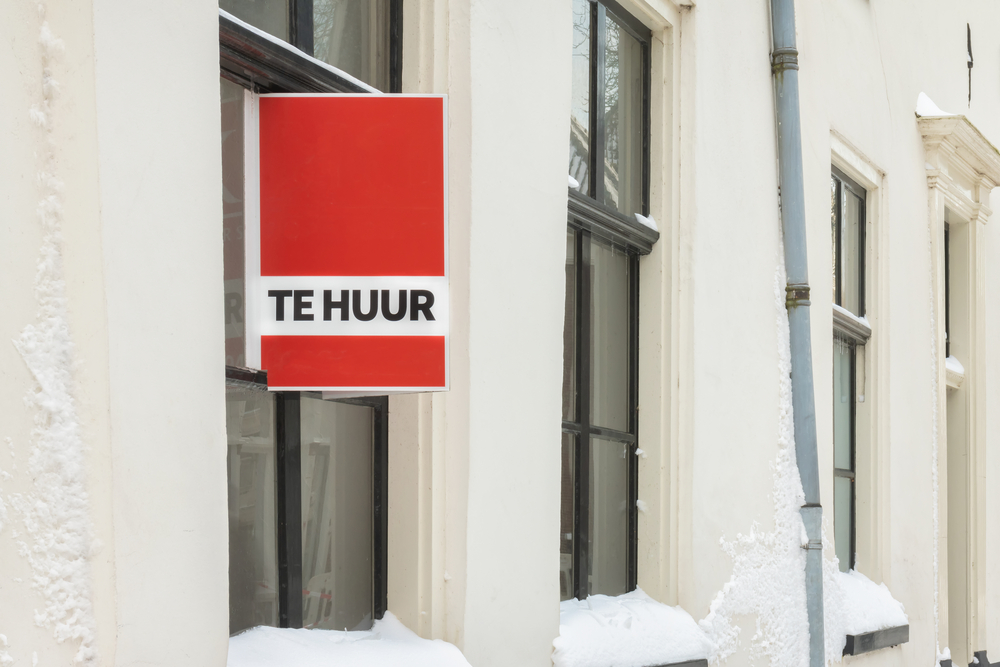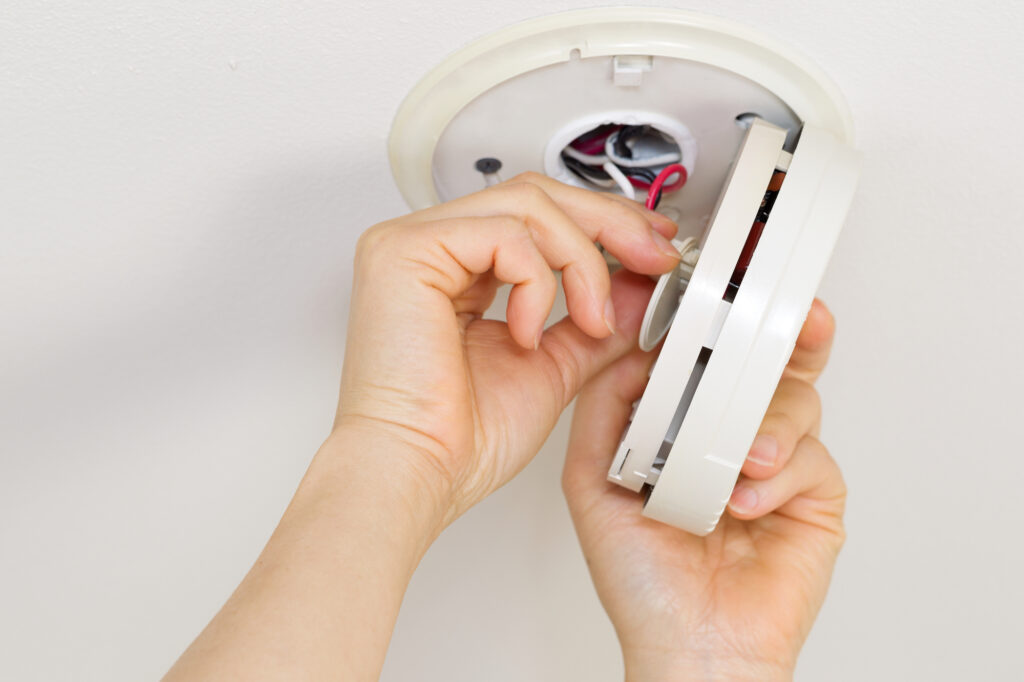Are you thinking of renting out your house in the Netherlands? There’s a lot to consider, but geen probleem! We have a comprehensive list of what to keep in mind.
There are many different things to be aware of when you do this, and it’s important to be keyed up (pun intended) before you make the decision.
1. Should you rent out your property, or should you sell it?
Firstly, you need to determine whether you want to rent it out and work out the pros and cons. If you plan on returning to the property at some point or another, then selling it is out of the question.

Otherwise, it’s a good time to sell your house in the Netherlands. Properties are selling fast, and the prices are high.
However, the longer you stick with your house, the more it could increase in value, so it’s all about picking the right time.
Meanwhile, renting out your property can be expensive if it has a lot of issues (and you have to keep fixing them). But renting is also a great way to earn passive income. Decisions, decisions!
2. Tax when renting your property
The whole tax thing can get pretty complicated when renting your property out. In short, when you rent your property out in the Netherlands, the property’s value is taxed (generally around 30%).

However, this varies so much from property to property, and it all depends if you are still living in the Netherlands, so it’s impossible to give exact figures.
3. Should you use a Dutch rental agency?
To make your life 10 times easier, renting it out through a Dutch rental agency may be worth it.
One of the bad points of this is, of course, that it will cost more. However, Dutch rental agencies know what they’re doing.

If this is the first time you have rented out a property, then there are some important things that you might miss — especially when it comes to knowing the law (very important)!
A rental agency can also help you set the price of your property. They know the market well and will likely know what your property is worth better than you can.
READ MORE | Housing & rental scams in the Netherlands: ultimate red flag guide
They’ll also have good contacts to find you tenants, which you likely won’t have alone.
This is especially handy if you are renting because you are moving abroad. After all, a rental agency can handle most of the admin work, repairs, and other issues during the tenancy.
4. Finding the perfect tenant
The best way to go about this is, again, to consider using a Dutch rental agency, as they will be able to do background checks on the tenant to see if they have a track record of not paying their rent and also to see if they can afford to pay for the rent.

It’s hard for Dutch people and internationals to find housing, but it all depends on the landlord, who ultimately decides who they are willing to rent to.
You’ll ideally want to find someone who:
- Will take care of your house
- Can pay the rent on time
- Is reliable and won’t skip out on the contract
5. The contract length you might like
You can offer your tenants two different types of contracts: a fixed or an indefinite term.
Fixed means that you will give the tenant an agreed end date. Indefinite means that after the original fixed term ends, they can stay indefinitely.

If the contract needs to be terminated, then this cannot be done on a fixed-term contract until the contract is up. However, an indefinite contract can be terminated with sufficient notice.
Your tenant can terminate the contract without reason. However, you must give a valid reason to terminate it (according to Dutch law, only five reasons will allow you to do that). In other words: they can leave (basically) whenever, but you can’t just kick them out.
READ MORE | Netherlands to BAN temporary rental contracts (unless you’re an expat!)
This depends on numerous factors, and the law is constantly changing to tackle housing issues.
6. Future maintenance costs
Property maintenance will mainly lay on your shoulders when you rent out your home. This needs to be made clear to both yourself and the tenant.
You also need to be aware that some maintenance costs will not be cheap, and this is something you’re going to have to sort out if something big happens.

Generally, the tenant is responsible for painting the inside of the property, etc.; however, if they make serious amendments without your permission, then you have the power to say that it needs to be restored to how it was when they first moved in.
Be aware of your responsibilities and the potential costs, always.
7. Inspecting your property as a landlord
When you rent out your property, chances are that you’ll want to inspect it at least once during the tenancy.
You must not turn up uninvited, as this is against the law, so make sure you let the tenant know in advance. This is even true if you suspect that illegal activity is happening on the property (for which you will be responsible).

The best time to inspect is at the start of the tenancy, so that you know how the property is at the start and then when the tenant leaves, to ensure that everything is in good working order. Take photos.
This way, it is easier to sort deposit issues if you have proof that the tenant has damaged the property.
Regarding the quality of the home, the Dutch Minister of Housing Hugo de Jonge developed a points system where the amount of rent charged is in line with the quality of the home. This ensures that landlords can’t overcharge for a subpar home.
Note: This does not include normal wear and tear! (Don’t be one of those landlords.)
Have you ever considered renting out your house in the Netherlands? Let us know in the comments!






What are the 5 reasons the landlord can terminate a lease?
I am a landlord in Amsterdam the Netherlands, I am about to sell my property. Since the tenants have the right to stay in the apartment, I am selling with them in, meaning the buyer will have to take them over at same costs.
Questions: am I obligate to inform the tenants that I want to sell, given that their situation is not changing. I really just want to sell and move on. If legally it’s OK not to inform them, then I prefer it that way
Old, out of date, and inaccurate info!